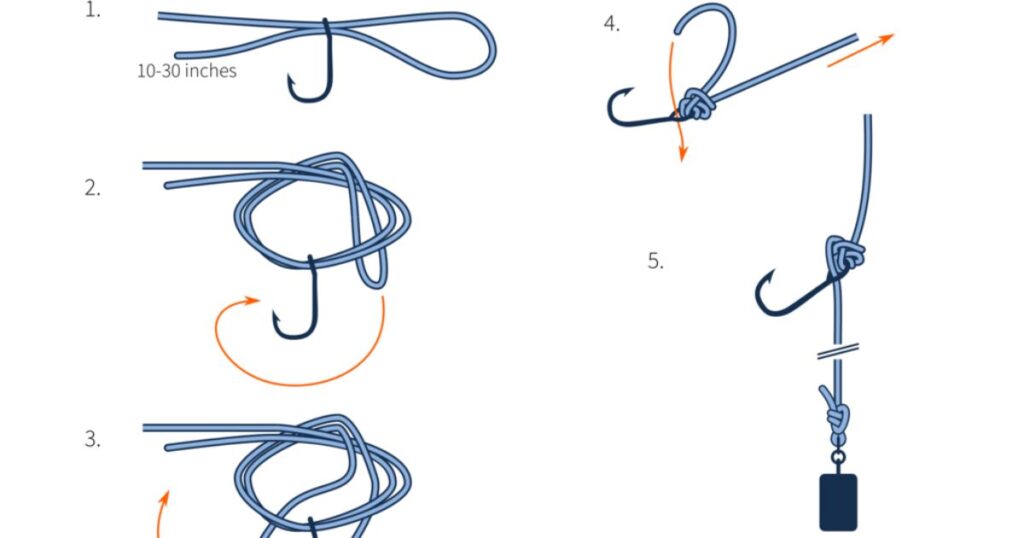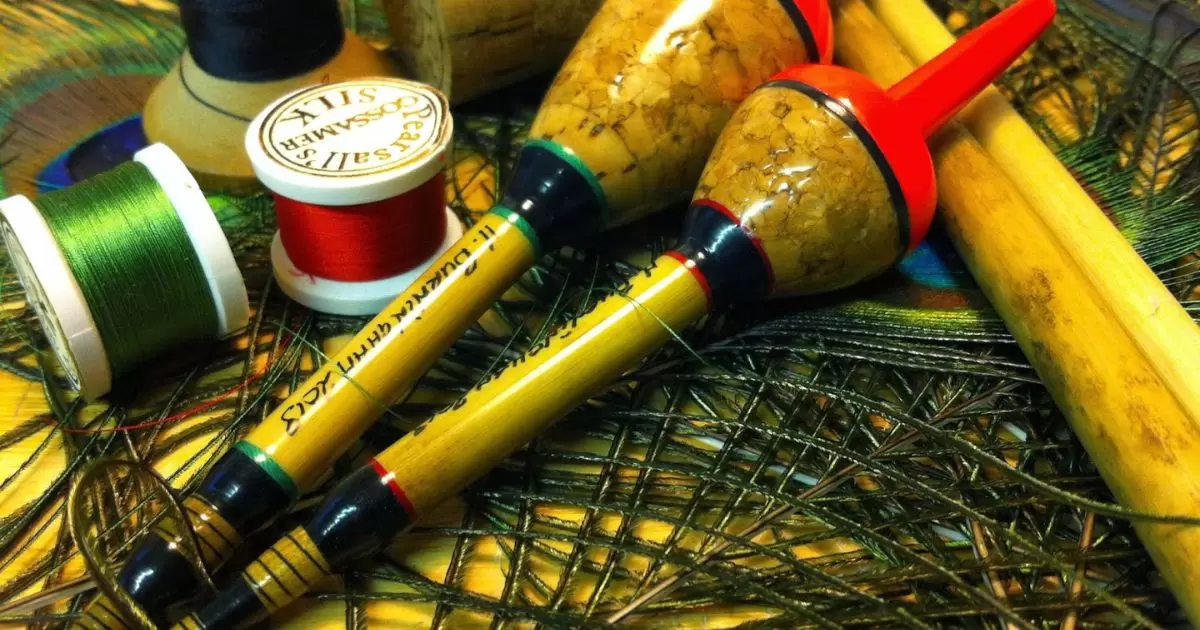In the pursuit of bass fishing, anglers often find themselves contemplating the use of a bobber. As the saying goes,To bob or not to bob? This age-old question begs consideration of the benefits and drawbacks of employing this technique. Furthermore, alternative methods and factors to ponder before deciding to bob will be explored. To assist in making an informed choice, valuable tips for utilizing a bobber effectively will also be shared. Join us on this journey as we navigate the realm of bass fishing with a bobber.
Benefits of Using a Bobber
Using a bobber while bass fishing offers several benefits. One of the main advantages is that it allows you to easily detect when a fish has taken the bait. The bobber serves as a visual indicator, alerting you to any bites or movement underwater. This can be especially helpful for beginners who may struggle with detecting subtle strikes. Additionally, using a bobber helps to keep your bait at a specific depth, increasing your chances of attracting fish.
There are different types of bobbers available, including slip bobbers, fixed bobbers, and weighted bobbers. Slip bobbers allow for adjustable depth, while fixed bobbers are simple and easy to use. Weighted bobbers are designed to provide stability and prevent drifting in strong currents. Overall, using a bobber can greatly enhance your bass fishing experience by improving your strike detection and bait presentation.
Drawbacks of Using a Bobber
While there are many benefits to using a bobber while bass fishing, it is important to consider the drawbacks as well. Bobbers, also known as floaters or float indicators, have their limitations compared to other fishing techniques. One of the main drawbacks is that bobbers can limit the depth at which you can fish. They are most effective in shallow waters and may not be suitable for deeper areas where bass may be lurking.
Additionally, bobbers can be less effective in windy conditions as they tend to drift and move around, making it difficult to accurately detect bites. Finally, using a bobber requires patience and attentiveness, as you need to closely monitor the bobber for any signs of movement. In comparison to other fishing techniques, bobbers have their place, but it is important to consider the specific conditions and when to use them effectively.
Alternative Techniques for Bass Fishing
Other than using a bobber, there are various alternative techniques available for bass fishing. One popular technique is drop shotting. This involves suspending a soft plastic lure above a weight, allowing it to drift and entice bass to strike. Drop shotting is effective in both shallow and deep waters and can be particularly successful when bass are being finicky or are holding tight to cover.

Another technique to consider is using topwater lures. These lures are designed to imitate prey that is on or near the water’s surface, such as frogs or small fish. By casting these lures and retrieving them with a twitching or popping motion, anglers can create a commotion on the water’s surface that attracts bass. Topwater fishing can be incredibly exciting, as bass often explode out of the water to strike these lures.
Factors to Consider Before Using a Bobber
Before deciding to use a bobber for bass fishing, it is essential to take into account several factors that can greatly impact its effectiveness. Factors to consider include the fishing conditions, the behavior of the bass, and the type of bait being used. The fishing conditions, such as water clarity and depth, can determine whether a bobber is necessary or not. If the water is shallow and clear, using a bobber may not be necessary as you can easily see the fish bite.
On the other hand, if the water is deep or murky, a bobber can be helpful in indicating when a bass has taken the bait. Additionally, considering the behavior of the bass is important. If the bass are actively feeding near the surface, using a bobber can be effective in enticing them to strike. Finally, the type of bait being used also plays a role. If you are using live bait or floating lures, a bobber can help keep them at the desired depth and make them more enticing to bass.
Tips for Using a Bobber Effectively
To maximize the effectiveness of using a bobber for bass fishing, there are several key tips that can greatly enhance your fishing experience. Firstly, mastering different bobber fishing techniques is crucial. The most common technique involves casting the bobber and bait near underwater structures like rocks or fallen trees, where bass are likely to hide. Another technique is to use a bobber to suspend your bait at a specific depth, allowing you to target bass at different levels in the water column.
Secondly, adjusting bobber depth is essential. Experiment with different depths until you find the sweet spot where the bass are actively feeding. Remember to consider factors such as water temperature and weather conditions, as they can influence bass behavior. By following these tips, you can improve your chances of success when using a bobber for bass fishing.
Frequently Asked Questions
How Does Using a Bobber Affect the Casting Distance While Bass Fishing?
The use of a bobber in bass fishing can affect casting distance. Compared to using a weight, a bobber may reduce casting distance due to its added drag. Additionally, the size of the bobber can also impact the distance achieved.
Can Using a Bobber Help in Targeting Specific Depths While Bass Fishing?
Using a bobber in bass fishing can indeed help in targeting specific depths. It allows anglers to suspend bait at desired levels, increasing the chances of attracting bass. However, it’s important to consider the pros and cons of using a bobber versus a sinker.
Does Using a Bobber Affect the Sensitivity of Detecting Bites While Bass Fishing?
Using a bobber while bass fishing can impact bite sensitivity. While it can help target specific depths, it may reduce sensitivity to subtle bites. Consider other fishing techniques to maximize bite detection and adapt to various fishing conditions.
Are There Specific Types of Bobbers That Work Better for Bass Fishing Compared to Other Fishing Techniques?
When considering bass fishing techniques, it is important to explore the various types of bobbers available. Each type has its pros and cons, and selecting the right bobber can greatly enhance your chances of success on the water.
Can Using a Bobber Be Effective in Different Weather Conditions While Bass Fishing?
Using a bobber for bass fishing in different weather conditions can have its pros and cons. It can provide visual cues for strikes and help with bait presentation, but may also be affected by wind and waves. Effective techniques include adjusting bobber depth and using the right bait.
Conclusion
Using a bobber for bass fishing can be a helpful technique, as it allows for easy visibility of bites and can attract more fish. However, it also has its drawbacks, such as limiting the depth you can fish and potentially scaring away larger bass. It is important to consider factors like water conditions and fish behavior before deciding to use a bobber. Overall, while using a bobber can be effective, there are alternative techniques that may yield better results.

